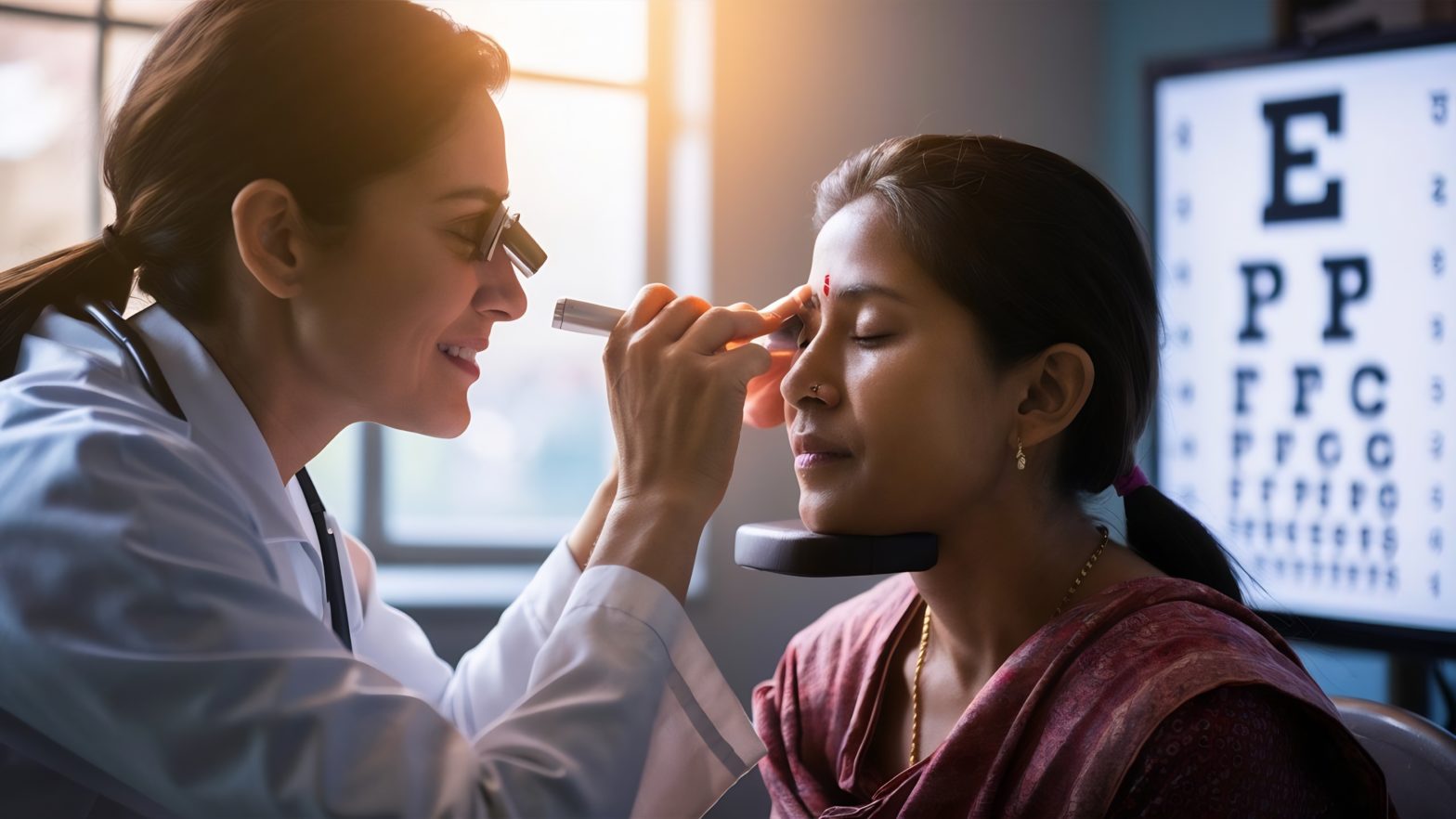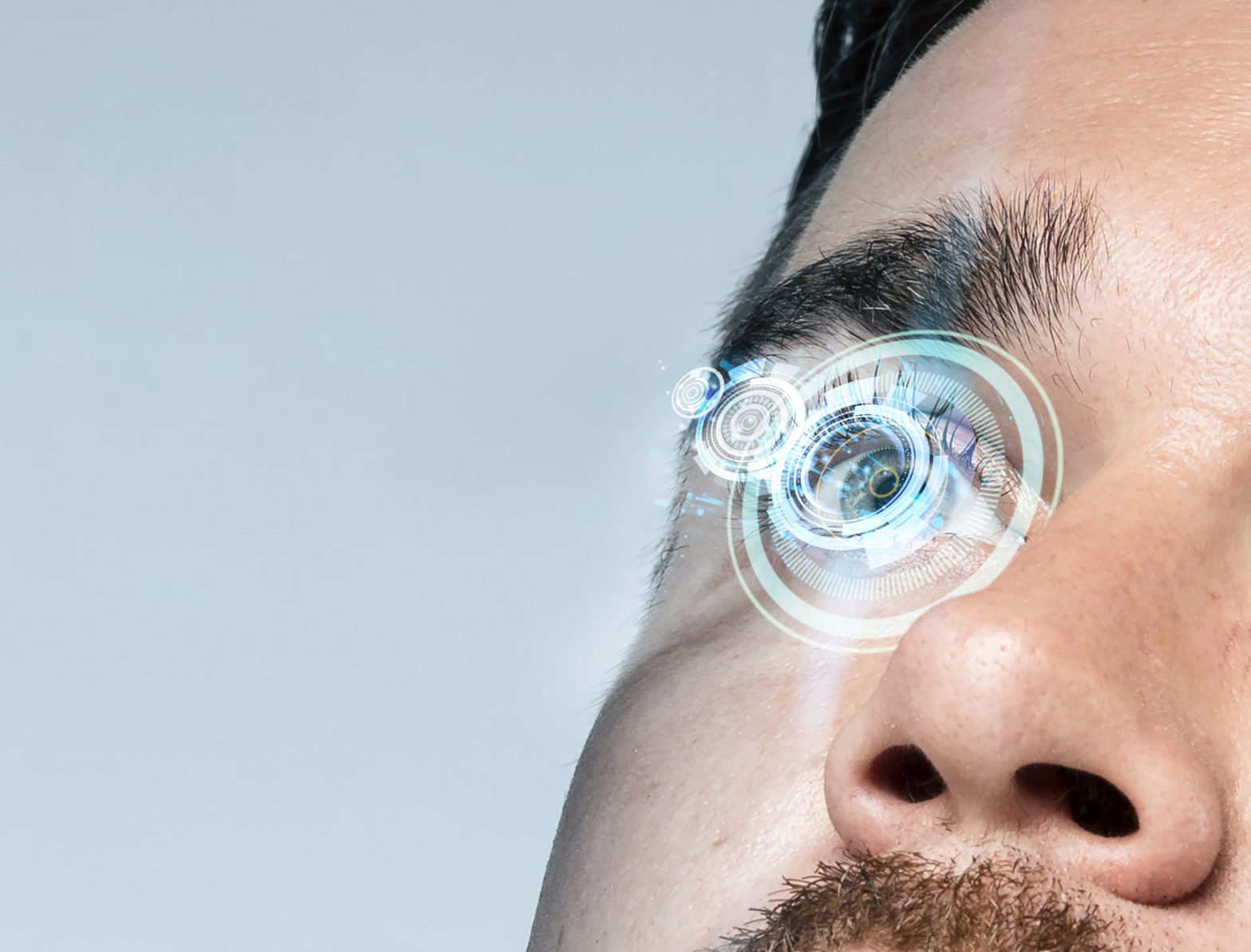In today’s world, humankind consistently encounters new and rare diseases, each bringing its own set of challenges. One such rare condition is Behcet’s disease. Although the precise cause of this ailment remains unknown, it is believed to result from a complex interplay between genetic, immune, and environmental aspects. What sets Behcet syndrome apart is its ability to affect various parts of the body, including the eyes.
The eyes, being one of the most delicate organs, are highly susceptible to this condition. If left untreated, it can even result in blindness. Therefore, timely recognition and diagnosis are absolutely crucial. Early intervention can truly make a world of difference in preventing severe consequences. In order to raise awareness and provide insights, this blog will discuss Behcet’s disease symptoms, tests that can help diagnose Behcet syndrome in the eyes, and the treatment.
Behcet Syndrome: An Overview
Behcet syndrome, a rare medical condition, causes chronic inflammation and swelling in the blood vessels throughout the body. It has the potential to affect different body regions, including the ocular system. Diagnosing Behcet’s disease accurately can be challenging due to its broad range of symptoms, which may overlap with other medical conditions.
Behcet’s Disease Symptoms
Behcet’s disease symptoms differ from person to person and can come and go or become less severe over time. The signs and symptoms depend on the specific areas of the body that are impacted. The areas that are commonly affected by Behcet’s disease symptoms apart from the eyes include:
-
Eyes:
The Behcet’s disease symptoms that occur in the patient include inflammation in the eye (uveitis). This causes redness, pain, and blurred vision, typically in both eyes.
-
Mouth:
Behcet’s disease symptoms in the mouth usually start from painful mouth sores that look somewhat similar to canker sores. Over time, these sores turn into raised, round lesions in the mouth that quickly turn into painful ulcers. The sores caused by Behcet’s disease usually heal in one to three weeks, though they may recur.
-
Joints:
Swelling and pain in joints are often associated with Behcet syndrome. Signs and symptoms can last one to three weeks and go away on their own.
-
Digestive System:
Once Behcet syndrome affects a person’s digestive system, there are a variety of symptoms that can consequently arise. Behcet’s disease symptoms in this scenario include abdominal pain, diarrhoea, and bleeding.
-
Spinal Cord:
Behcet syndrome can also affect the spinal cord, eventually affecting the brain. Behcet’s disease symptoms that usually occur in this case include inflammation in the brain and nervous system. It causes headache, fever, disorientation, poor balance, or, in some cases, even stroke.
Tests to Diagnose Behcet Syndrome
As we are clearly focusing on the Behcet syndrome affecting the eyes, let’s now go through the tests that can help diagnose this disease affecting the eyes.
-
General Eye Examination:
During the eye examination, a skilled examiner carefully assesses the patient’s eyes to ensure their optimal health and function. This thorough evaluation encompasses various aspects of ocular health and vision. One of the main goals is to identify noticeable symptoms, such as redness or blurry vision.
-
Positive Pathergy Test:
A pathergy test is conducted to evaluate the immunological competence of the individual. The procedure involves puncturing the skin. Subsequently, it monitors whether or not a red bump (erythematous papule) develops within a few days post-test.
Behcet’s Disease Treatment
Currently, there is no definitive Behcet’s disease treatment. As a result, healthcare professionals focus on managing its symptoms to provide relief. When it comes to Behcet’s disease treatment, doctors often turn to anti-inflammatory eyedrops. These specialised eye drops contain corticosteroids or other anti-inflammatory medications. This Behcet’s disease treatment effectively alleviates discomfort and redness in the eyes.
Behcet syndrome can affect anyone, but timely recognition can be a game-changer. Early diagnosis of this condition allows doctors to promptly initiate targeted Behcet’s disease treatment, which is crucial in effectively managing it.
If you suspect that either you or a loved one might be experiencing symptoms of Behcet syndrome in the eyes, it is crucial to act on it promptly and seek medical attention.
For expert care and accurate diagnosis, there’s no need to search any further than Dr Agarwal’s Eye Hospital. Our team of experienced professionals is dedicated to providing comprehensive eye care to address conditions like Behcet syndrome. We prioritise protecting your vision and overall ocular well-being, guaranteeing that you get top-notch quality care and support at Dr Agarwal’s Eye Hospital. If you have concerns about Behcet’s disease, don’t hesitate to schedule a consultation at Dr Agarwal’s Eye Hospital today!








